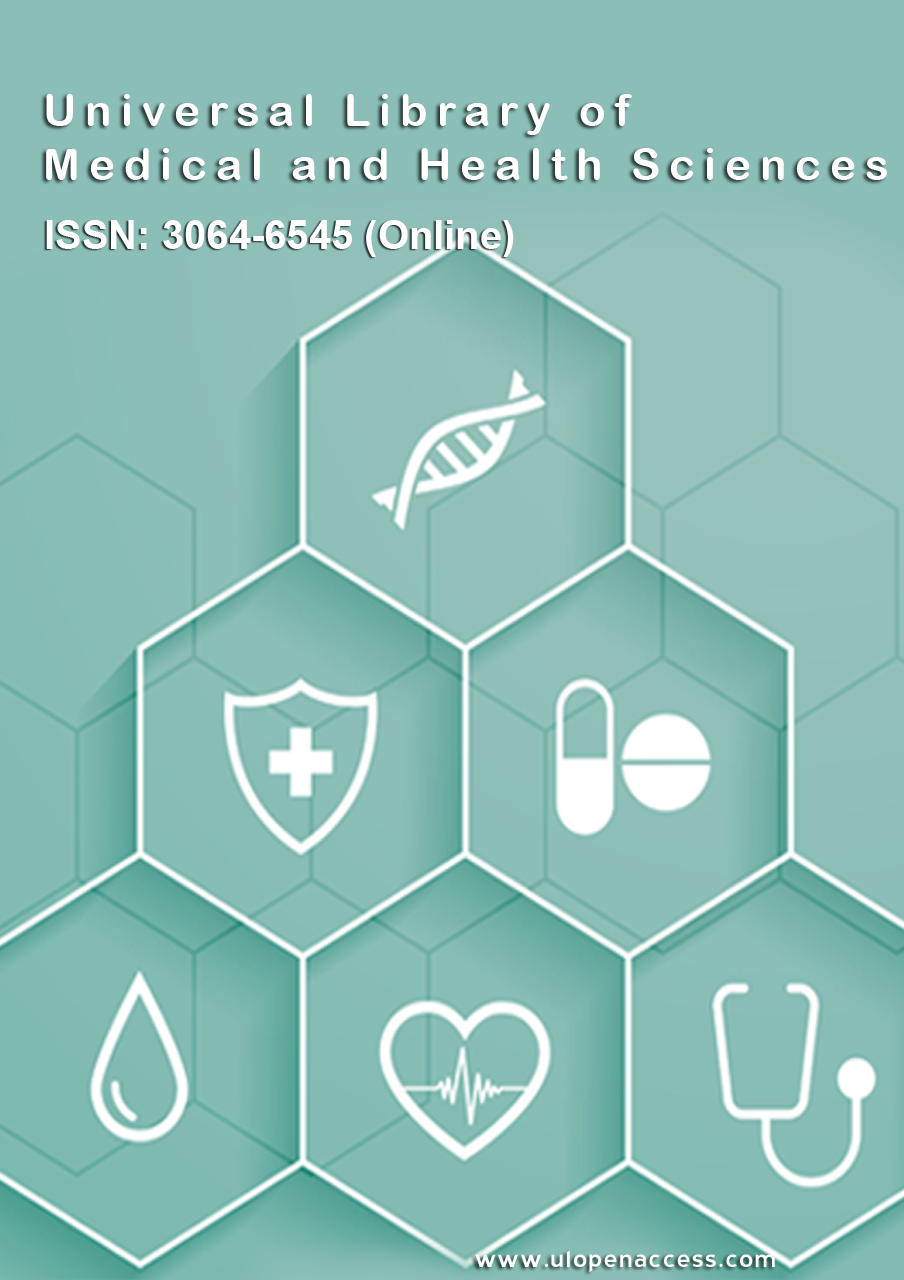Basics of Antidote Pharmacology: A Summary of Programs for Biological Agent Research, Post-Exposure Therapeutic Advice, and ProphylaxisHari Prasad Sonwani Citation: Hari Prasad Sonwani, "Basics of Antidote Pharmacology: A Summary of Programs for Biological Agent Research, Post-Exposure Therapeutic Advice, and Prophylaxis", Universal Library of Medical and Health Sciences, Volume 03, Issue 01. Copyright: This is an open access article distributed under the Creative Commons Attribution License, which permits unrestricted use, distribution, and reproduction in any medium, provided the original work is properly cited. AbstractBiological warfare has often only been used in wars with a military component. But during the past few decades, there has been a rise in non-state-based terrorism, which includes the employment of asymmetric weapons such biological pathogens. Therefore, it is becoming more and more crucial to think about tactics for stopping and getting ready for insurgent attacks, like creating medical countermeasures before and after exposure. Numerous preventative measures and therapeutic interventions are being researched to counteract the impacts of biological agents. These include nucleic acids (analogues, antisense, ribozymes, and DNA zymes), antibodies, antivirals, immunomodulators, bacteriophage therapy, and microencapsulation. Also included are antibiotics (both conventional and unusual uses). There are licensed vaccines, but commercial vaccines are available to prevent smallpox, cholera, anthrax, plague, and Q fever suitable for usage in cases of ricin, melioidosis, viral encephalitis, and botulinum toxins. The standard course of treatment after being exposed to anthrax, plague, Q fever, or melioidosis is still antibiotics. Botulinum toxins and smallpox can be treated using anti-toxin therapy and anti-virals, respectively. The only, or standard, post-exposure treatment for cholera, viral encephalitis, and ricin, on the other hand, is supportive care; this advice has not altered in decades. Given the challenges posed by antibiotic resistance, prophylactic and post-exposure therapy options rely heavily on the discovery and ongoing assessment of novel drugs and procedures. This review aims to provide an update on research activities and recommendations for prophylactic and post-exposure treatment for biological agents in the open works published between 2013 and 20023. Keywords: Biological; Anthrax; Botulism; Cholera; Encephalitis; Melioidosis; Plague; Q Fever; Ricin; Smallpox. Download |
|---|

